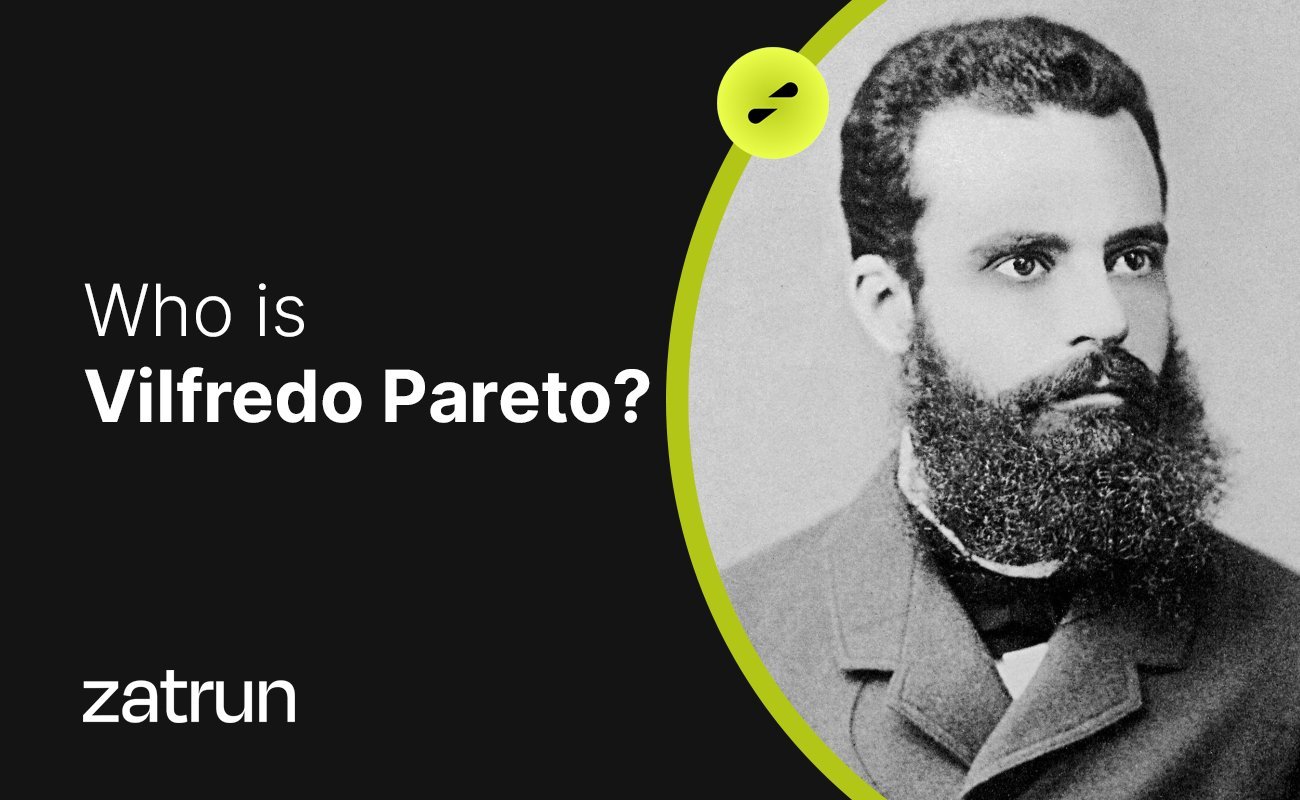Luigi Pasinetti, born on September 12, 1930 and passed away on January 31, 2023, was an Italian economist belonging to the post-Keynesian school. Pasinetti was recognised as the successor to the “Cambridge Keynesians” and was a pupil of Piero Sraffa and Richard Kahn. Alongside them and Joan Robinson, he was a prominent figure in the camp of the Cambridge capital controversy.
Pasinetti’s contributions to the field of economics include the development of the analytical foundations of neo-Ricardian economics. It included the theory of value and distribution, as well as research related to the Kaldorian theory of growth and income distribution. He also created the theory of structural change and economic growth, structural economic dynamics, and uneven sectoral development. If you are interested in learning more about Luigi Pasinetti, keep reading this article on Zatrun.com.
Who is Luigi Pasinetti?
Luigi Pasinetti began his economics studies at Università Cattolica in Milan, where he earned his “Laurea” degree in 1954. His thesis focused on the application of econometric models to analyse trade cycles. Pasinetti’s academic prowess earned him numerous scholarships for graduate studies. It allowed him to attend esteemed institutions such as the University of Cambridge in England (1956 and 1958), Harvard University in the United States (1957), and Oxford University in England (1959).

Luigi Pasinetti was awarded a Research Fellowship at Oxford’s Nuffield College in 1960, which he held until 1962 when he left for the University of Cambridge. In 1973, he was appointed as a Reader at Cambridge, a position he held until his return to Università Cattolica Milan in 1976. In March 1963, he obtained his PhD degree from Cambridge University with a dissertation on “A Multi-sector Model of Economic Growth.” This thesis formed the basis of his book, “Structural Change and Economic Growth,” which was published in 1981.
Pasinetti was appointed as a Professor of Econometrics at the Università Cattolica in 1964 and as a full Professor of Economic Analysis in 1981. During this period, he made frequent trips between Cambridge and Milan. In addition, he was appointed as a Visiting Research Professor at Columbia University in 1971 and 1975, and at the Indian Statistical Institute in Calcutta and the Delhi School of Economics in 1979.

His Academic Achievements and Legacy
Luigi Pasinetti has received numerous academic distinctions and honours throughout his career. Among the most notable are the St. Vincent Prize for Economics in 1979, his presidency of the Società Italiana degli Economisti from 1986 to 1989, and his presidency of the European Society for the History of Economic Thought from 1995 to 1997. Pasinetti has also served as a member of the Executive Committee of the International Economic Association, as well as a member of the Accademia Nazionale dei Lincei.
Luigi Pasinetti has received honorary doctorates from the University of Friburg in 1986 and the Invernizzi Prize for Economics in 1997. Additionally, Pasinetti has been named Honorary President of numerous associations, including the International Economic Association, the European Society for the History of Economic Thought, the European Association for Evolutionary Political Economy, the Italian Association for the History of Political Economy, and the Italian Association for the History of Economic Thought.

In addition to his extensive research and teaching career, Pasinetti made significant contributions to various top-tier economic journals. He served as an editorial advisor for several prestigious journals, including the Cambridge Journal of Economics (since 1977), the Journal of Post Keynesian Economics (since its inception in 1978), Kyklos (1981), Structural Change and Economic Dynamics (since 1989), and PSL Quarterly Review (2009), among others.












